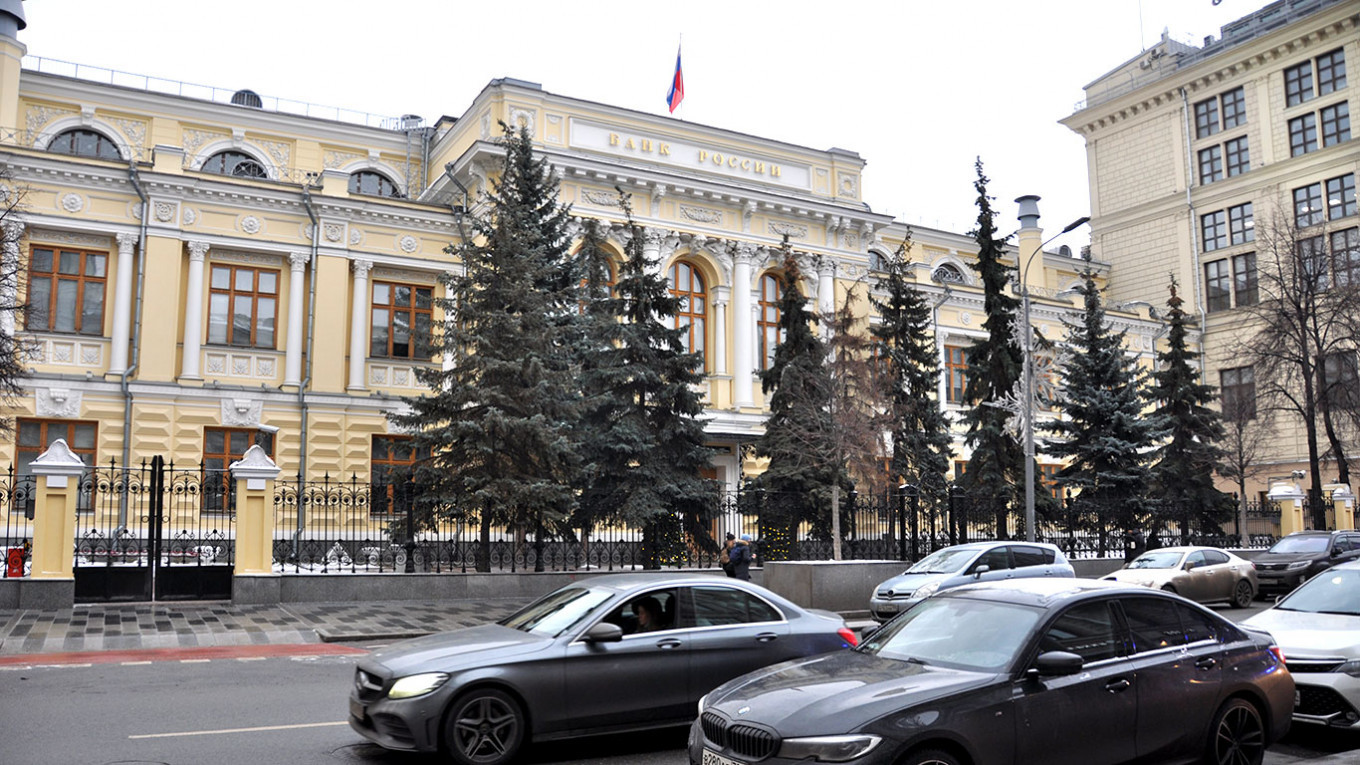Major Russian banks will be kicked off the SWIFT financial communications network and Russia's Central Bank's assets will be "paralyzed," the EU has announced.
EU Commission chief Ursula von der Leyen outlined an unprecedented package of "massive" sanctions Saturday night as part of the 27-member bloc's response to Russia's invasion of Ukraine.
Russia’s financial institutions that have been sanctioned in recent days, including Russia's largest banks, will be ejected from the SWIFT network, thwarting their ability to conduct transactions internationally, von der Leyen said in a late-night press conference in Brussels.
She said the bloc would also “paralyze the assets of Russia's central bank.”
"This will freeze its transactions and make it impossible for the Central Bank to liquidate its assets."
The measures were outlined in coordination with the U.S., Britain and Canada.
In a statement the White House said the package would “impose restrictive measures that will prevent the Russian Central Bank from deploying its international reserves in ways that undermine the impact of our sanctions.”
Russia’s Central Bank has amassed some $643 billion in international reserves in recent years, largely through sales of oil and gas. The cash pile — the world’s fourth largest — was supposed to be Russia’s insurance policy in the event of Western sanctions.
But the measures have gone far beyond what the Kremlin could have expected from the bloc, which has previously been reluctant to impose sanctions that could hurt European economies.
“The Russian army is committing barbaric actions during its invasion of Ukraine. It is bombing and launching missiles, killing innocent people,” von der Leyen said.
“We are resolved to continue imposing massive costs on Russia. Costs that will further isolate Russia from the international financial system and our economies.”
The allies also agreed to impose restrictive measures to prevent the Russian central bank from "using international financial transactions to prop up the ruble", he said.
Wealthy Russians connected to President Vladimir Putin's government will also no longer be allowed to use the so-called golden passport system to obtain European citizenship for themselves and their family members.
AFP contributed reporting.
A Message from The Moscow Times:
Dear readers,
We are facing unprecedented challenges. Russia's Prosecutor General's Office has designated The Moscow Times as an "undesirable" organization, criminalizing our work and putting our staff at risk of prosecution. This follows our earlier unjust labeling as a "foreign agent."
These actions are direct attempts to silence independent journalism in Russia. The authorities claim our work "discredits the decisions of the Russian leadership." We see things differently: we strive to provide accurate, unbiased reporting on Russia.
We, the journalists of The Moscow Times, refuse to be silenced. But to continue our work, we need your help.
Your support, no matter how small, makes a world of difference. If you can, please support us monthly starting from just $2. It's quick to set up, and every contribution makes a significant impact.
By supporting The Moscow Times, you're defending open, independent journalism in the face of repression. Thank you for standing with us.
Remind me later.






